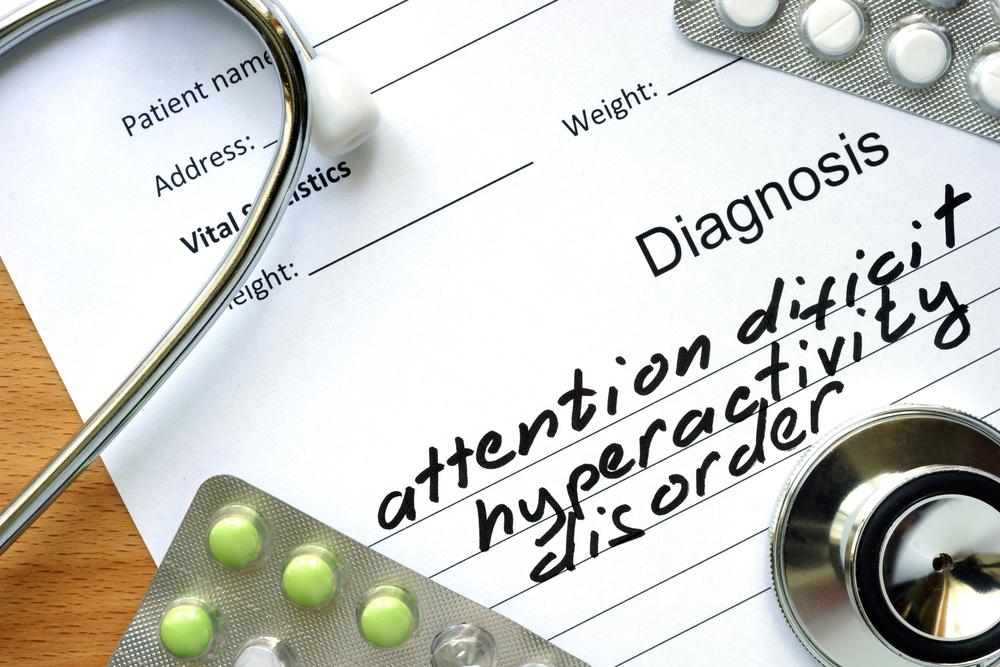
Treatment Options for ADHD Patients
When you think of treating Attention Hyperactivity Deficit Disorder (or ADHD), many assume medicating the patient is the only option. However, effective ADHD management is possible without medication, or with the help of several lifestyle supports—which can include behavioral therapy, counselling, and child and parental education.
ADHD treatments are both psychological and physiological in nature. They aim to curb impulsive behaviors, improve focus, and decrease hyperactivity while also eliminating unfair ADHD stigma. While each patient’s ADHD treatment plan will differ, many include a combination of the following diet, exercise, and social therapies to help decrease symptoms and anxiety while improving social behavior and personal relationships in all aspects of the child’s life.
The most promising ADHD treatment options include:
- Behavioral therapy
Therapy is often employed to help patients manage and curb their ADHD symptoms mentally. Common therapies include social skills therapy, cognitive behavioral therapy, and psychoeducation (or talk therapy) to identify ADHD triggers, and aim to replace negative reactions with healthy, positive reactions. - ADHD support groups
Support groups designed for both children with ADHD and their caregivers are effective for connecting via concerns, awareness, strategies, and shared experience. ADHD support groups can help teach coping techniques while building a healthy support network for both parents and ADHD patients.
3. Psychotherapy
One-on-one psychotherapy sessions can help teach ADHD patients manage disruptive behaviors, as well as provide a safe, stigma-free environment to process emotions, and issues with parents, peers, and authority figures.
4. ADHD medication
While medicating ADHD patients is often considered a final resort, oftentimes it’s needed to decrease symptoms and make life easier for patients. Commonly prescribed ADHD medications include methylphenidate, atomoxetine, dexamfetamine, lisdexamfetamine, and guanfacine. These medications aim to decrease stress and impulsive behavior while introducing a sense of calm, focus, and comfort to the patient’s life. ADHD medications should always be taken and monitored closely by a qualified physician.




